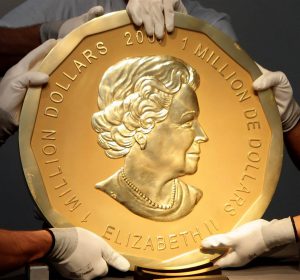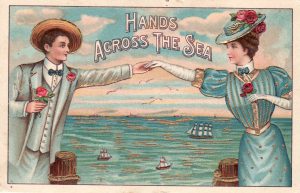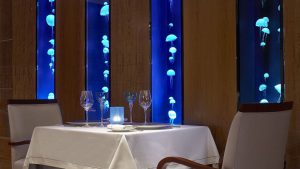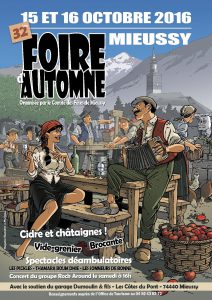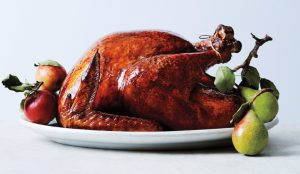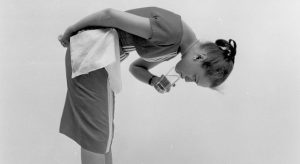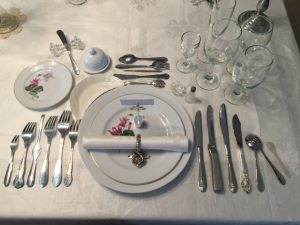Well, I guess that just about everybody hates taxi drivers and as the ones in Geneva are the most expensive in the whole world, they are, perhaps, the most hated.
I must admit that you do occasionally meet some interesting cases on the 20-minute/85-franc ride from the airport to my village in the Geneva countryside.
There was the old cabby (they are often retired folk) who slowed to a crawl and started banging on his steering wheel as he told me the story of his wife being hospitalized due to the leeching poisonous blue dye in her China-made new navy pantaloons. (They can be very racist.) And then there was the one, who, hearing my accent, told me about his previous career of picking apples in Québec. (He drove a very old rattling car with no inside door or window handles.) And then there was the eastern European lady who refused my tip and helped with my cases as she said she had already robbed me of enough money. (She was my very favourite.)
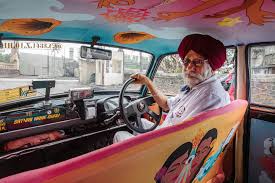 Geneva taxi drivers are straightforward highway robbers, and lack the variety and spice of their international brotherhood. In Japan my driver laughed at me when I offered a tip and shoed it away with his white-gloved hand. In Russia you have to know to pre-tip the driver (US dollars work a dream) unless you want to be kidnapped to deepest darkest Siberia. In central China, we communicated via the driver’s phone app. In Korea (where taxis are very very cheap) you must know not to leave the cab when the driver gets irritated and wants to be rid of you because he cannot find your destination. Obviously, there we couldn’t communicate at all.
Geneva taxi drivers are straightforward highway robbers, and lack the variety and spice of their international brotherhood. In Japan my driver laughed at me when I offered a tip and shoed it away with his white-gloved hand. In Russia you have to know to pre-tip the driver (US dollars work a dream) unless you want to be kidnapped to deepest darkest Siberia. In central China, we communicated via the driver’s phone app. In Korea (where taxis are very very cheap) you must know not to leave the cab when the driver gets irritated and wants to be rid of you because he cannot find your destination. Obviously, there we couldn’t communicate at all.
However, I am discovering that the Geneva Uber drivers are a different breed. They are much more interested in speed limits, hidden cameras, not wasting time, and fast electric cars. They have out-of-state plates and have the whiff of the bandit about them. They drop you off at the Kiss and Fly stand at the airport and pick you up at the diplomatic compound. They are swift, shady, and a more than a bit sly.
They follow giant GPS screens mounted on their dashboards and speak little. They are young and possibly don’t have wife, never mind pantaloon, problems. They are half-price.
They, of course, go against all I hold dear—proper pay, pension plans, paid holidays, etc. Plus, they are in strict opposition to the family motto “Pay More, Get Less!”
Our last Uber ride was a friendly go-getter of North African origin. I slipped him a tip. He slipped me his personal card, kissed my cheek, and reflected that we might have a profitable off-grid taxi relationship in the future.
Roll over, Ayn Rand, and forget heartless capitalism. Ali (not his real name) and I are friends and neighbours now. He’ll drive me anywhere for Uber prices. All I have to do is pay him in cash.
